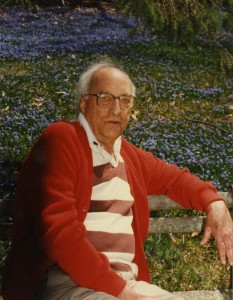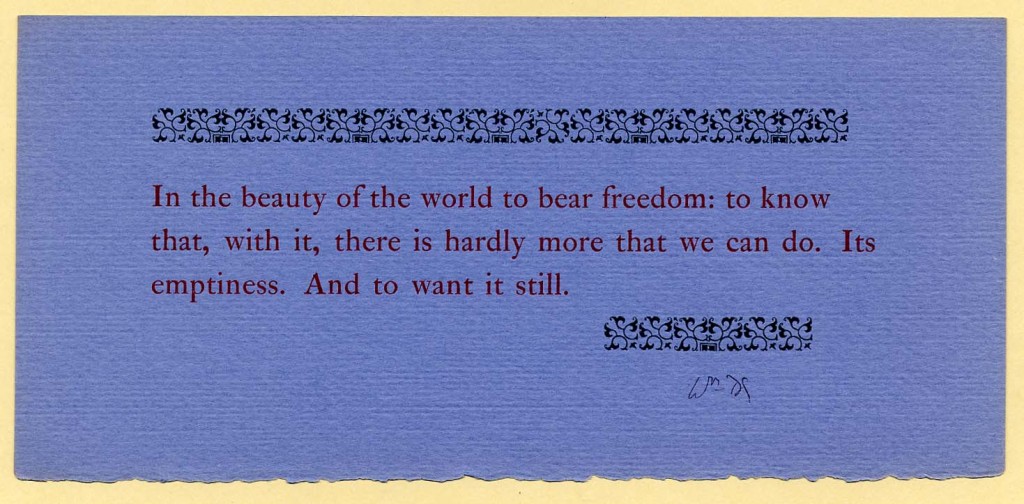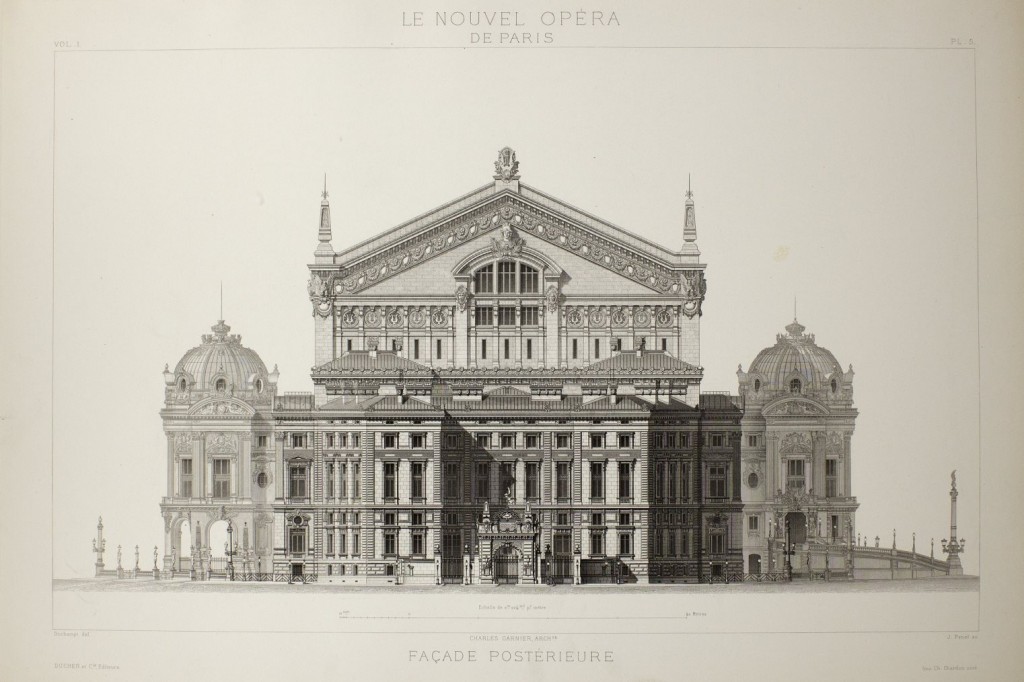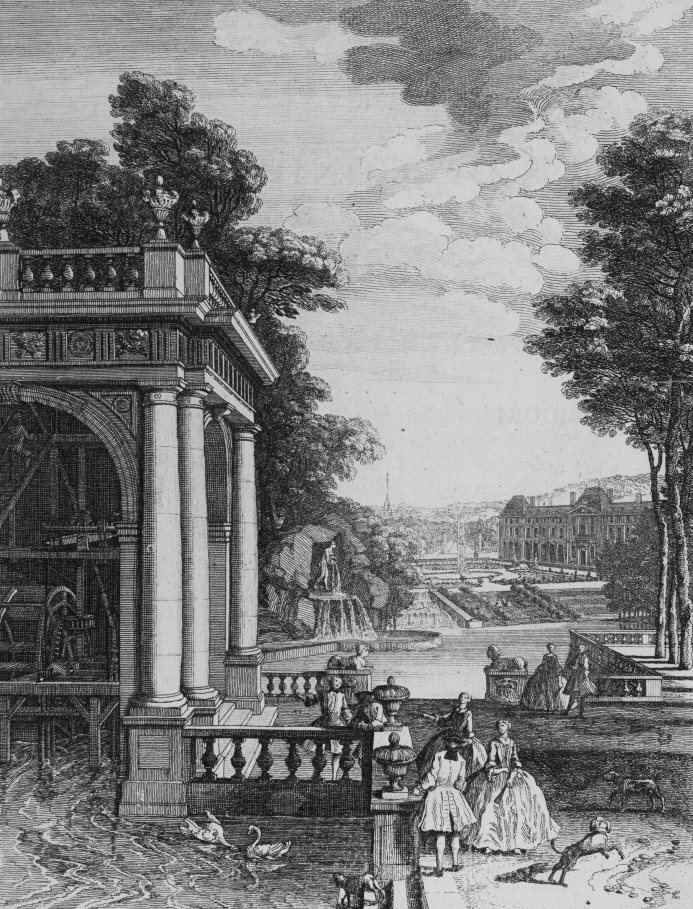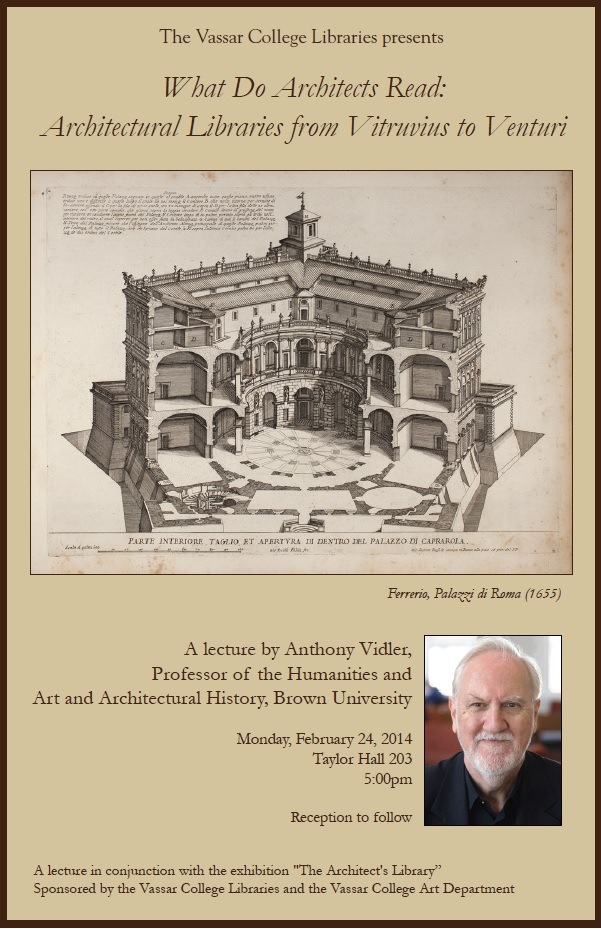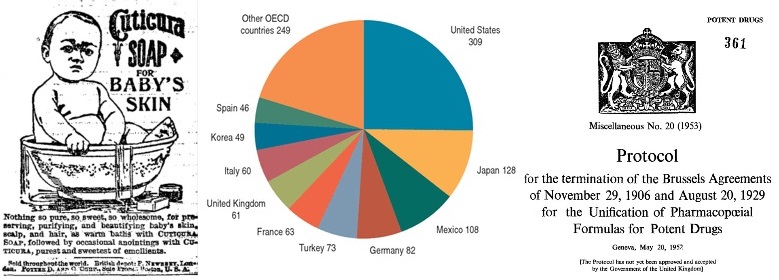Posted on behalf of Mark Seidl, Technical Services Librarian for Archives & Special Collections
April is National Poetry Month and an excellent time to consider poets connected to Vassar and the Hudson Valley. Vassar itself counts several notable poets among its graduates, including the flamboyant Edna St. Vincent Millay and Elizabeth Bishop. Vassar’s Archives & Special Collections Library holds papers of both of these figures, major collections of correspondence, manuscripts, and other materials that document their fascinating lives and works.
Dig a little deeper into Vassar’s collections, however, and you’ll find materials relating to lesser known but no less compelling poets. One of these is William Bronk, a poet who is not exactly a household name, even among avid readers of poetry. Born in 1918 in Fort Edward, NY, Bronk was descended from Jonas Bronck, the Dutch settler for whom the Bronx is named. His family moved to Hudson Falls, NY (north of Albany, not far from Lake George) where Bronk grew up and lived for most of the rest of his life. In 1934 he entered Darmouth College. He went on to serve in the army in World War II, after which he taught briefly at Union College. He then returned to Hudson Falls to manage his family’s coal and lumber business, a job he held until 1978. After his retirement he continued to live in Hudson Falls. His childhood home became a pilgrimage point for many young poets and artists, who enjoyed Bronk’s hospitality and gourmet cooking. He died in 1999 at home in Hudson Falls.
Bronk found his vocation as a poet while at Dartmouth, where he studied with the poet and critic Sidney Cox and met Robert Frost. Over the course of his long writing career Bronk published 30 collections of poetry with significant small presses including Elizabeth Press, New Directions, North Point, and Talisman House. He also published collections of essays, a volume of literary criticism, and many broadsides of his poems. Bronk’s poetry has often been compared to that of Wallace Stevens and is marked by its clear, unadorned, and precise language and by its philosophical concerns. Engaging subjects that range from ancient Mayan architecture to northeastern American landscapes, Bronk’s poems, such as Midsummer, explore the limits of human knowledge and the flux of time.
Though by no means among the largest Bronk collections (those at Columbia and the University of New Hampshire are considerably larger), Vassar’s book collection in particular is notable for its completeness and provenance. The set of books includes copies of all of Bronk’s poetry collections inscribed by him to Matthew Weseley, the donor of the materials who, in the 1990s, met and corresponded with Bronk. Complementing the book collection is a small collection of papers. These items include Mr. Weseley’s correspondence with Bronk and one of Bronk’s publishers, James Weil, manuscripts of some of Bronk’s poems, two cassette recordings of Bronk reading from his work, and some broadsides such as the one pictured above.
And what might be the Vassar connection? Mr. Weseley’s mother, Lenore Levine Weseley, is a Vassar graduate (Class of 1954) who went on to become a noted pediatrician in New York City. As a result of her son’s generosity, her alma mater can now boast this wonderful collection of works by one of America’s great poets.
Happy Poetry Month!

